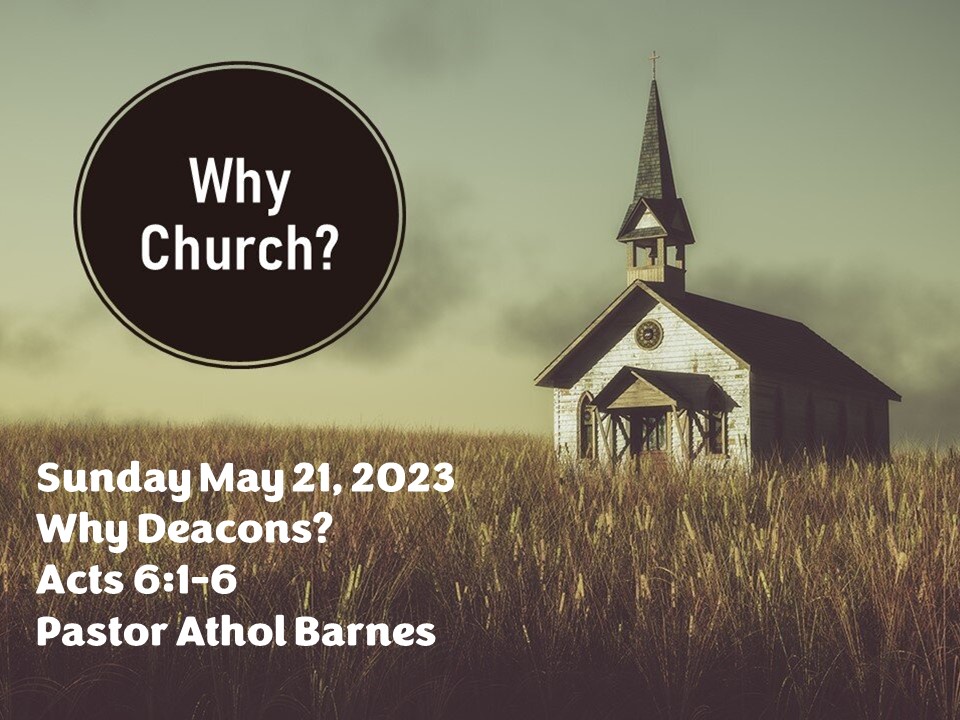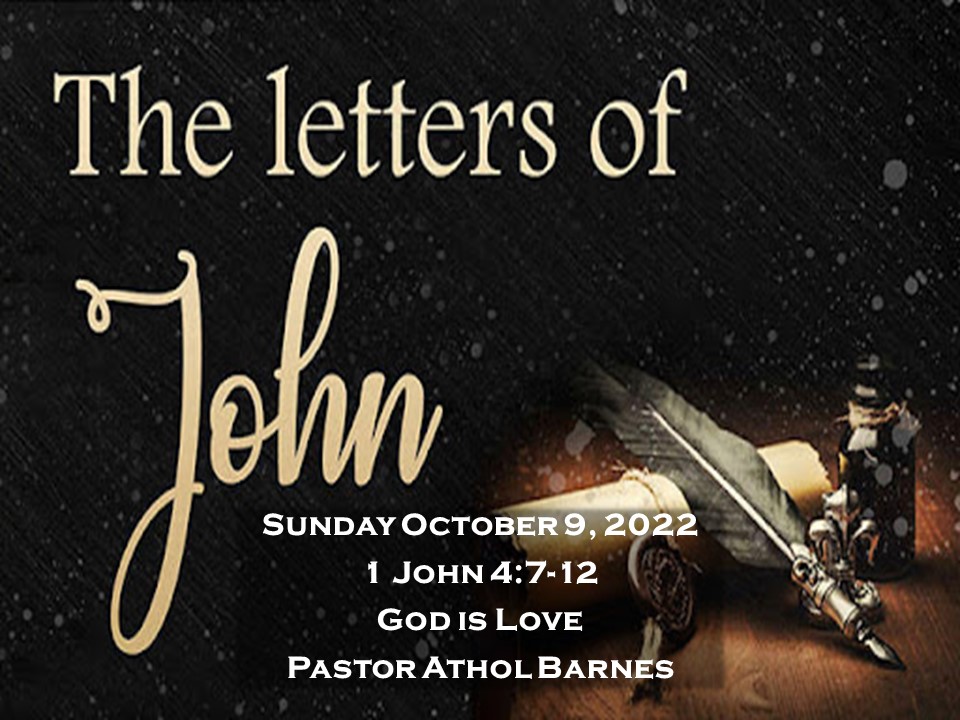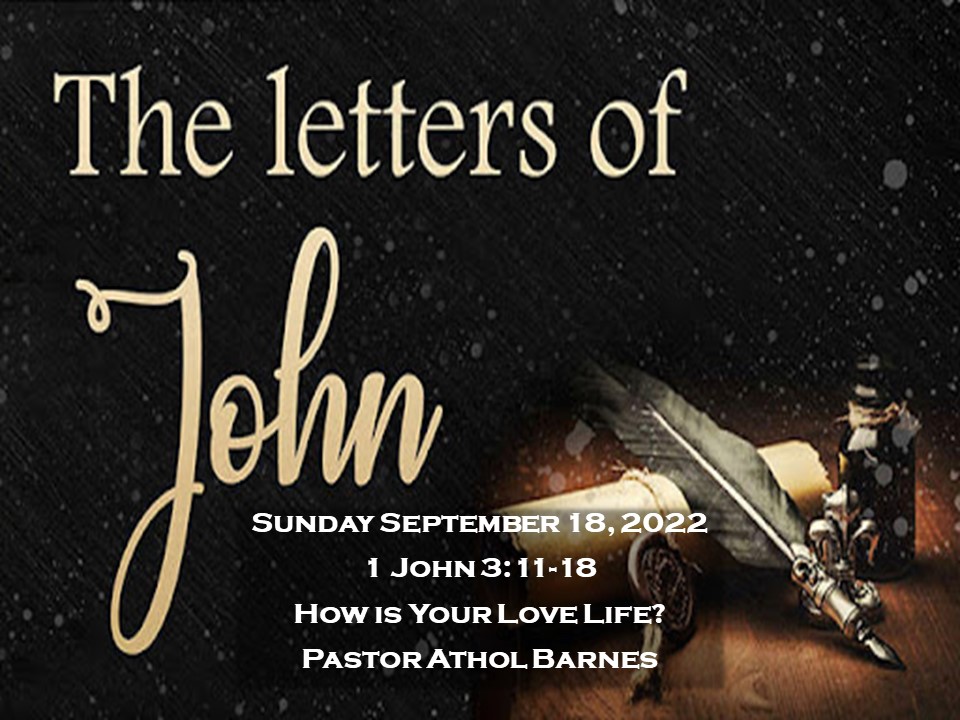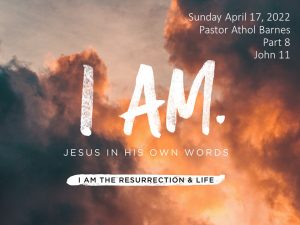
This past weekend we had the joy of praying for three new deacons as they were installed into the role of deacon. But is the role of a deacon still relevant in the twenty-first century?
The first deacons were appointed in Jerusalem as we read in Acts chapter 6. In the book of Acts, we get a glimpse of the first century church. The church was growing rapidly and due to the work of the Holy Spirit it is estimated that the church had grown to somewhere between 20,000 and 50,000 disciples.
The Church was a radical movement of people gathering daily for prayer and teaching. The believers sold their belongings and gave to anyone who had a need. The early church was a healthy and thriving community as the Gospel message was being told from person to person all over the region.
But then a complaint arose. There was a disagreement that some of the people were being overlooked as food was being distributed to the poor and the widows. This imbalance may have arisen due to the logistical challenge caused by the rapid addition of Hellenistic Jewish Christians.
The church was initially made up of Aramaic and Hebrew speaking Jews who believed in Jesus, but as the church grew, more and more Greek speaking Jews came to faith in Christ.
The church had two distinct groups, Hebrews and the Hellenists. It was sadly a form of racism that was being practiced as the needs of the widows and the poor among the Greek speaking believers were overlooked.
The Apostles called a meeting and said in verse 2, “It is not right that we should give up preaching the word of God to serve tables” Acts 6:2b.
Does this mean that the original disciples who were trained by Jesus himself were above helping the poor? Not at all, but they had a primary purpose and calling to preach the word and to pray.
This is the primary calling on pastors in the church, to primarily focus on the clear and correct teaching and preaching of the Word and prayer. For the health of the church and the continued growth of the Gospel message in our community, I must give attention to prayer and preparation for preaching, constantly hearing from God the word that he would have for us as a church. It doesn’t mean that I as the pastor do not care about people, I do very much. I love to visit and share life with people, but I need to prioritize my time and remember my primary calling.
Research has shown that if a pastor would be the only one in the church doing the ministry of visitation, care and prayer for the congregation, that pastor could only put his arms around seventy people. Hence the average size of churches in America is around thirty.
The number of our current active members and adherents at Grace Point is a little under 280.
That is impossible for one or even three pastors to stay in touch with. The role of the deacon in our church is the same as it was in the first century; to assist in member care, to minister and love the people of God.
In the first church in the book of Acts, the people chose seven and brought them to the Apostles. These men had particular requirements, they were “men of good repute, full of the Spirit and of wisdom” (Acts 6:3). These were men of godly Character.
In 1 Timothy 3:8-13 the Apostle Paul wrote the qualifications of a deacon. It is a very intimidating and demanding list of qualifications. Can anyone meet those requirements? And in verse 10 we read that they must prove themselves blameless!
Well, that excludes all of us, because we all fall short, we are all sinners saved by grace. But there is a key verse of hope in what Paul wrote, 1 Timothy 3:9, “They must hold the mystery of the faith with a clear conscience.”
What is the mystery of the faith? It is the mystery of the age in which we live, the current church age, between when Jesus ascended into heaven and when Jesus is coming back again.
The mystery is that we who have placed our trust in Jesus Christ as Lord, are covered by his righteousness, we have died to our old way of life and have literally put on Christ like a garment. When God the Father looks down on His children, He sees us covered with the righteousness of Christ. We are not perfect; we will never be perfect until Jesus comes again, but by God’s grace we are being made more like Christ every day. This is the mystery of the Gospel; this is the only hope we have of being able to stand before our Heavenly Father in prayer.
Getting back to the first century church, the result of the deacon ministry was healthy growth. Notice that verse 7 says that the number of disciples multiplied, these were disciples, not believers, adherents or attendees. No, these were followers of Jesus, people who looked like and spoke like Jesus – disciples. This is the result of effective church ministry; this is a sign of a healthy church.
You may wonder, if we have deacons in the church helping with visitation, discipleship and member care, does that mean the rest of the church is not involved in the caring ministry?
Absolutely not, in 1 Peter 2:9, the Bible clearly states that we all are royal priests in the kingdom of God. We are all in ministry and we all carry the responsibility to do the work of the ministry as we read in Ephesians 4:15-16.
As we grow as a church, we will continue to see an increase in opportunities to serve one another, the deacons are to spearhead the care for the needy, but the entire church is to be a part of the care and the visible demonstration of the Gospel being lived out.
Let us continue to pray for the leaders in our church as they serve the Lord.










